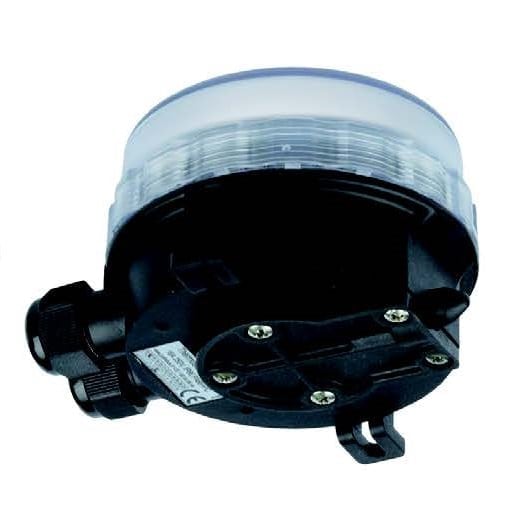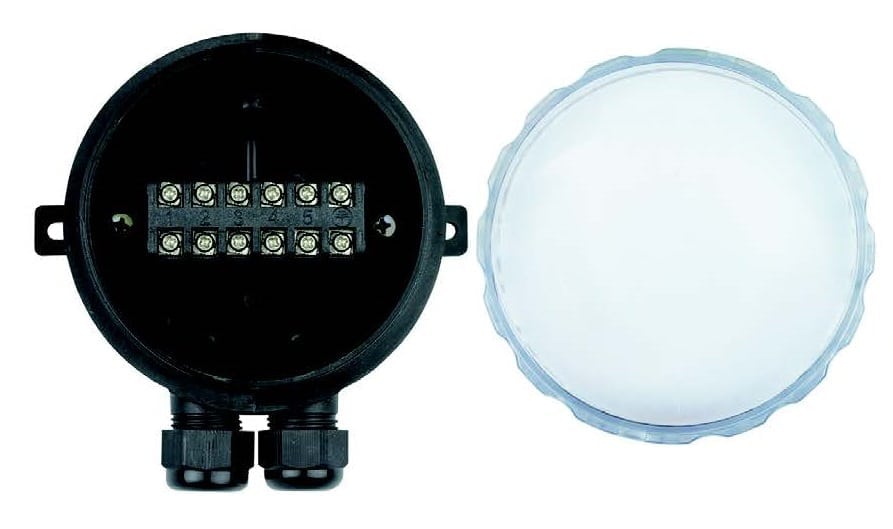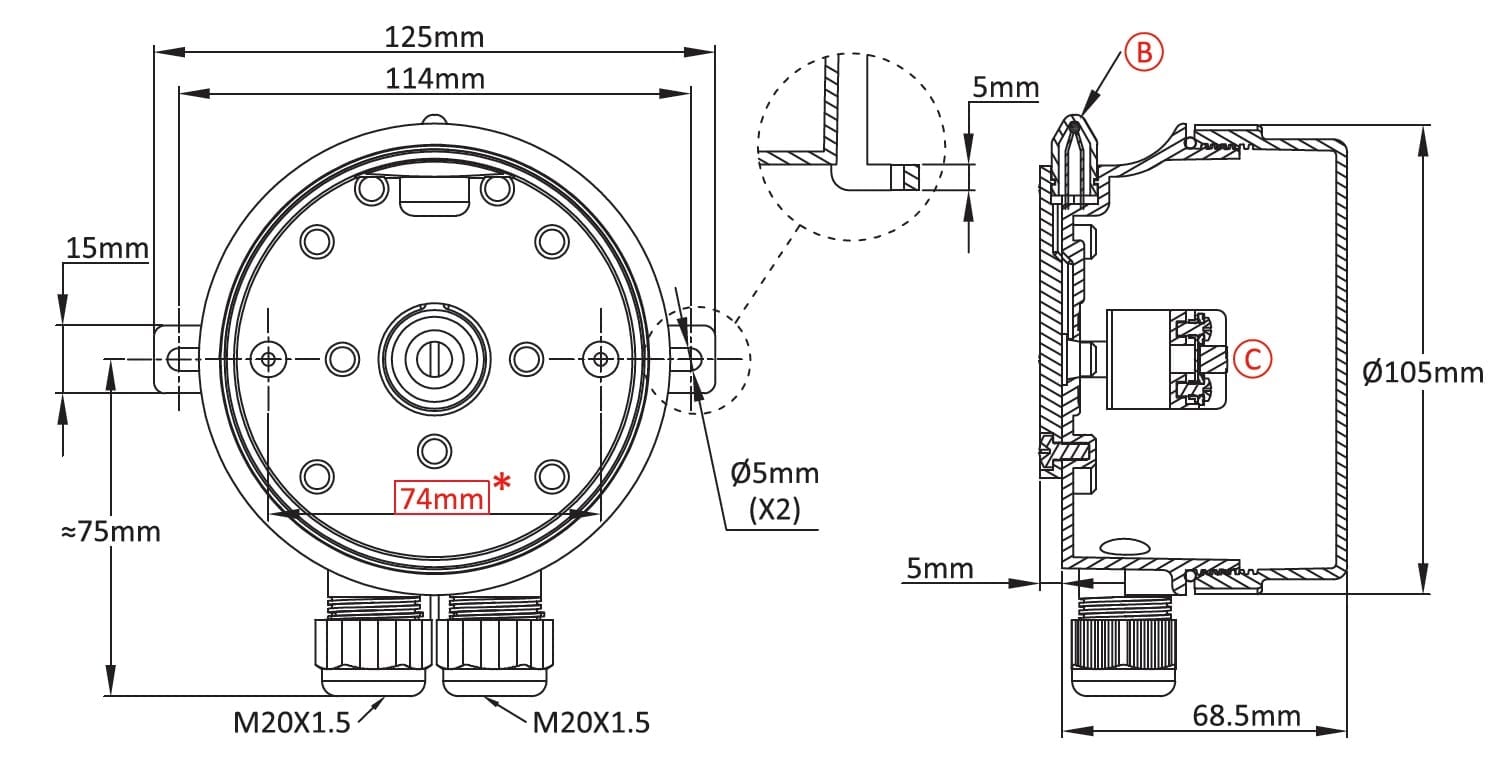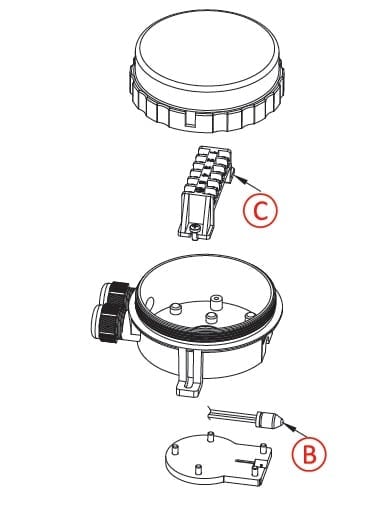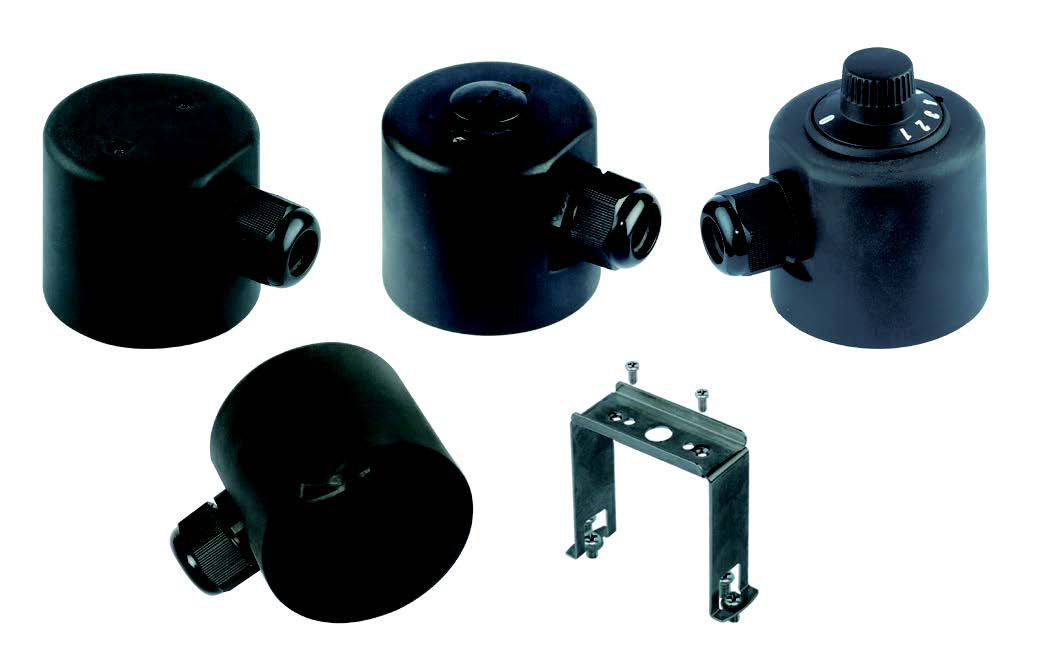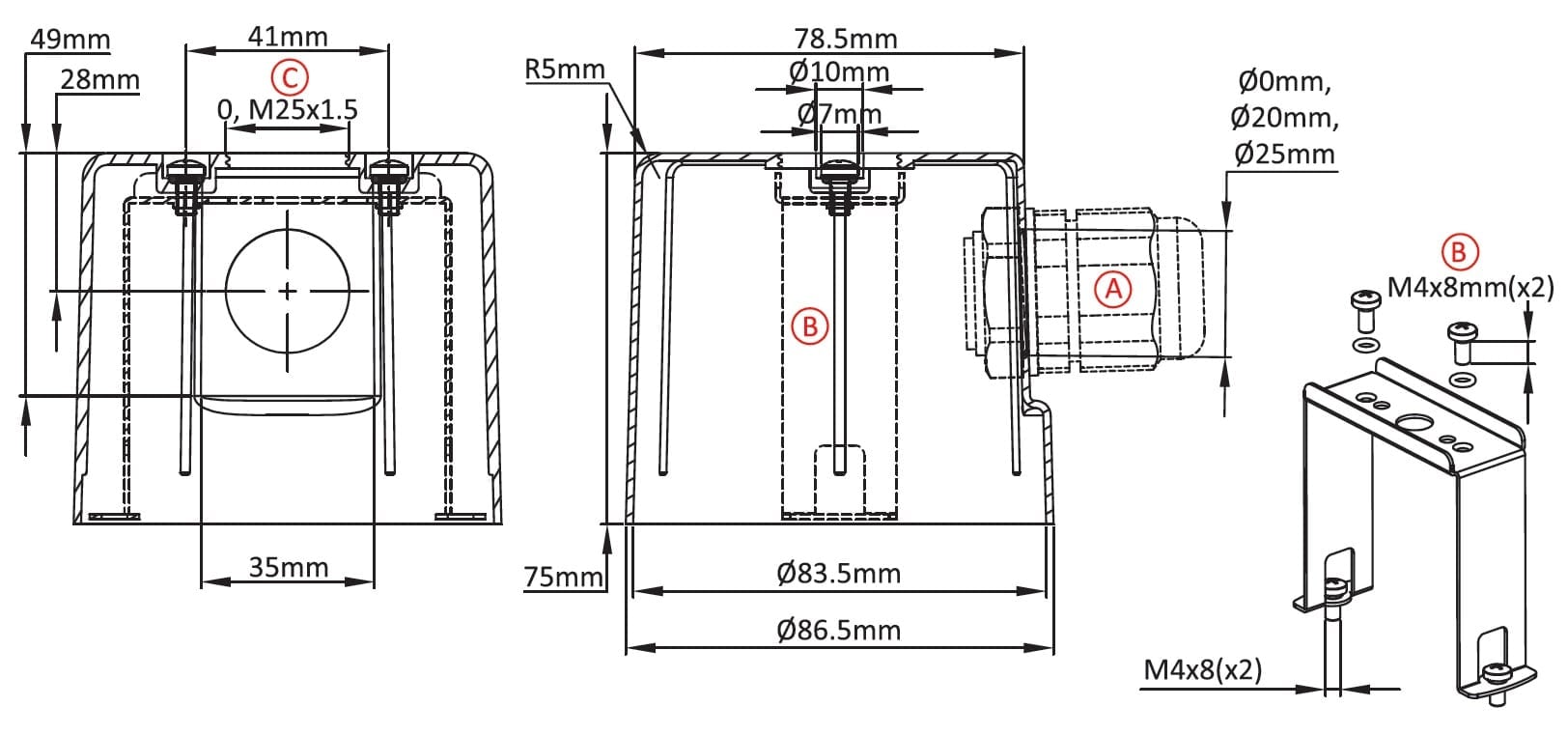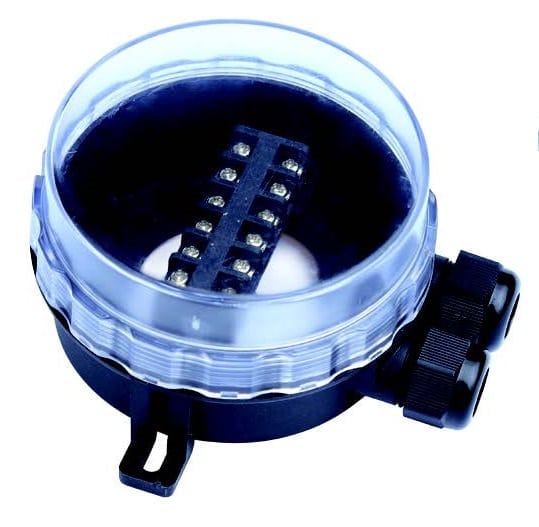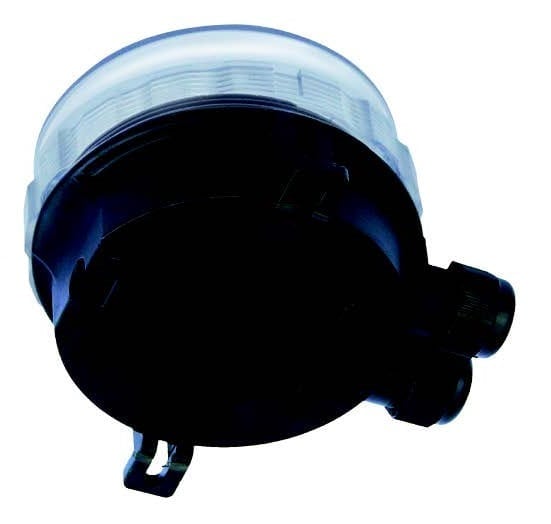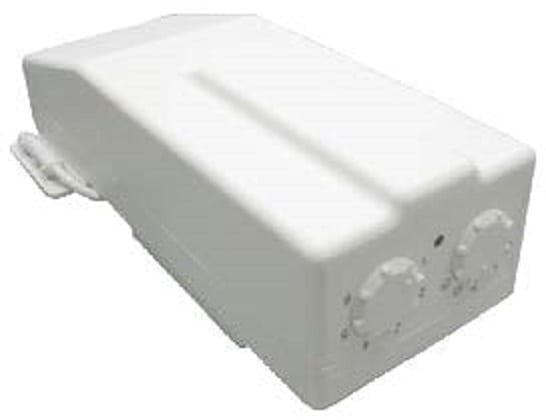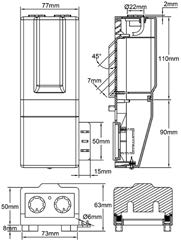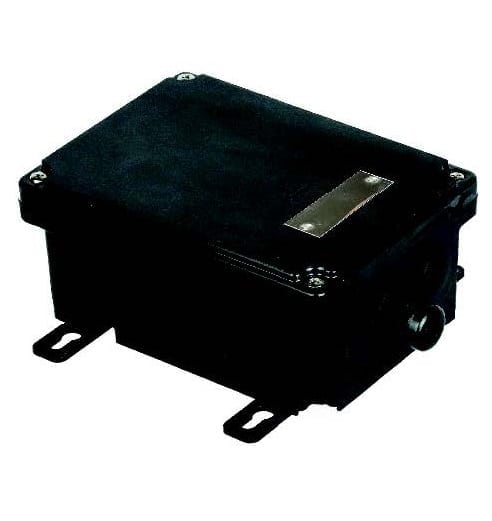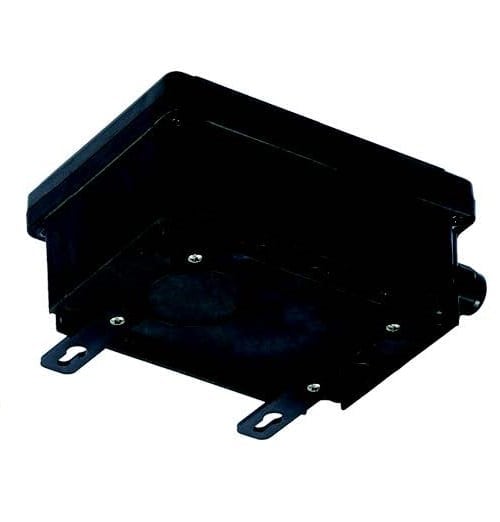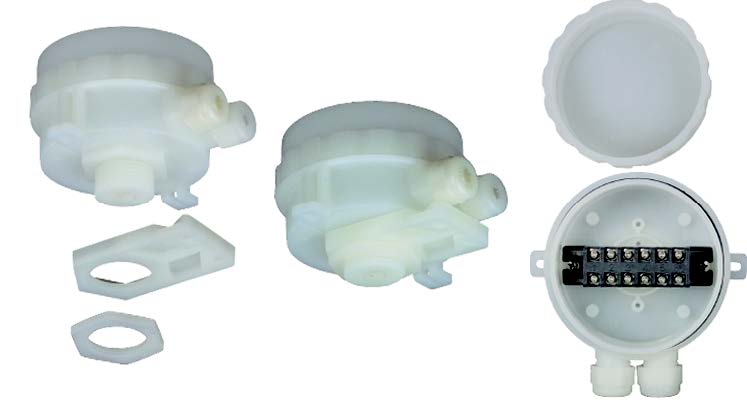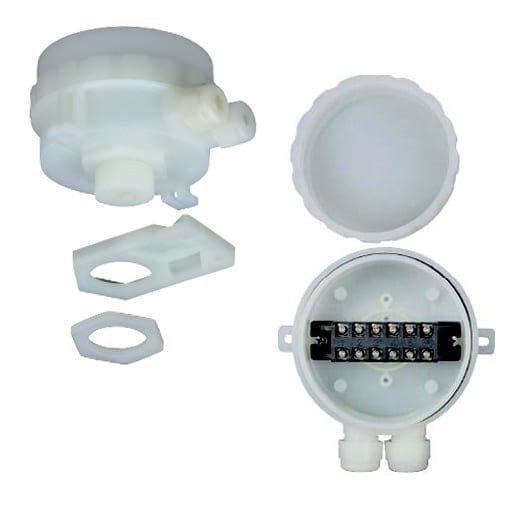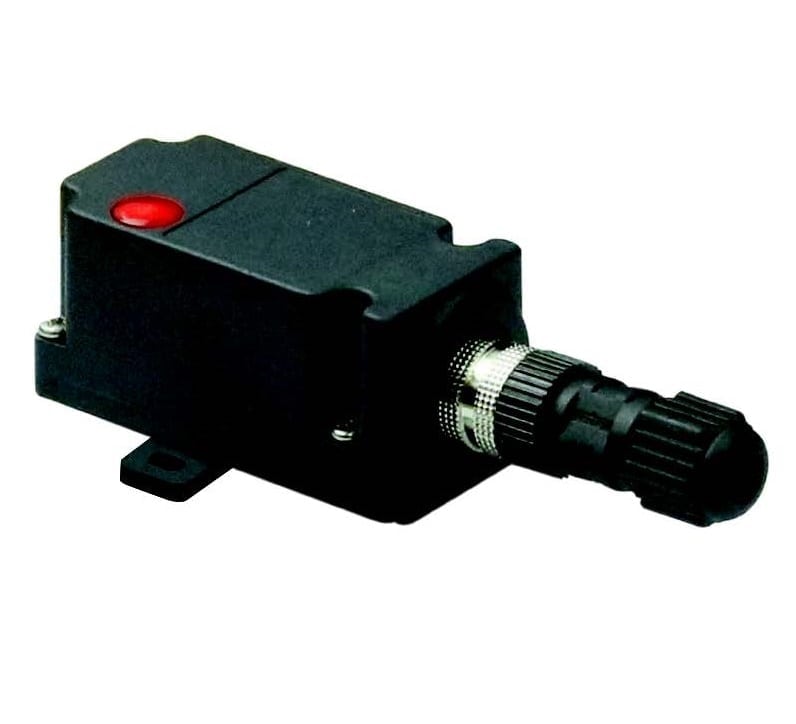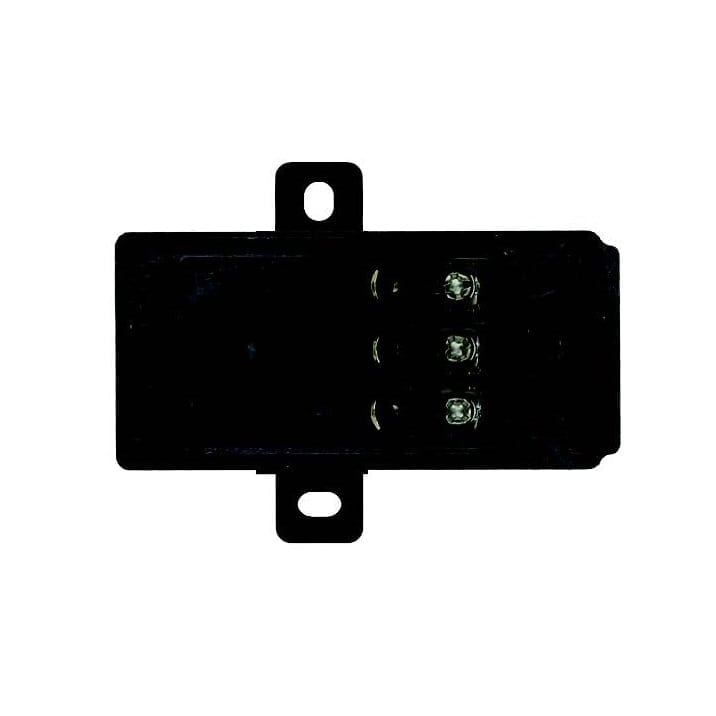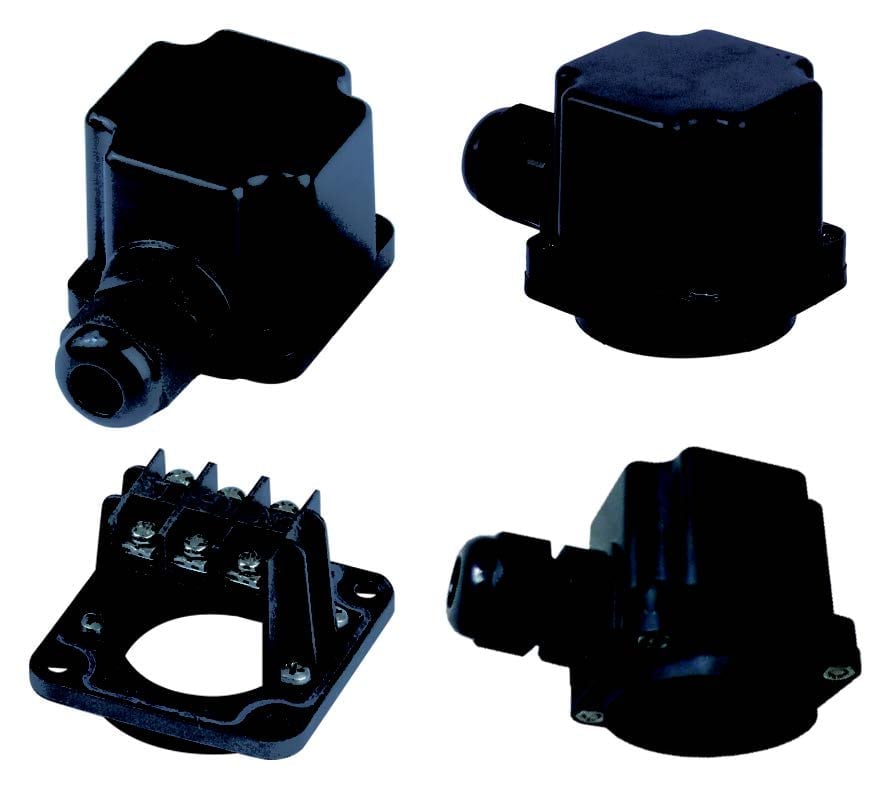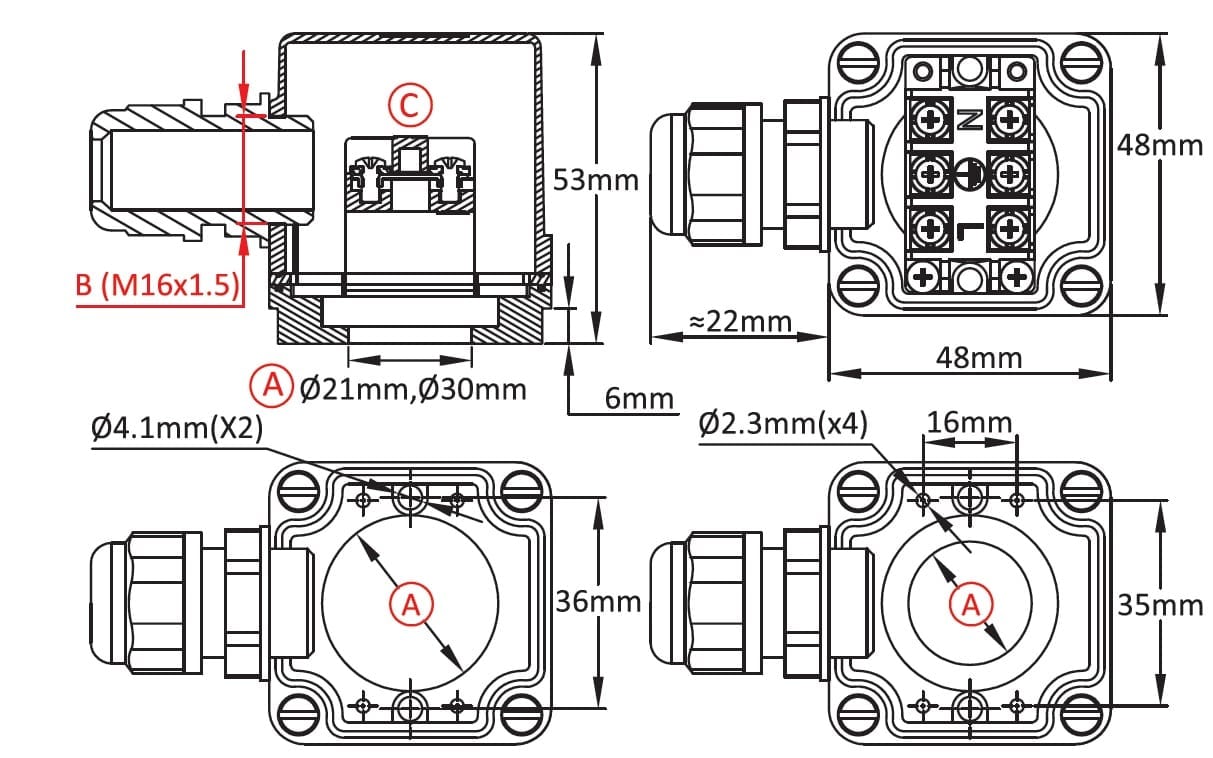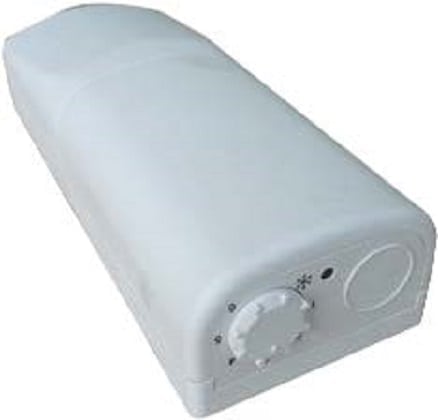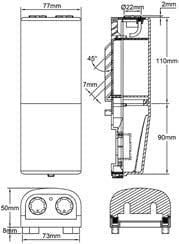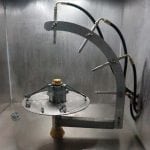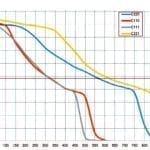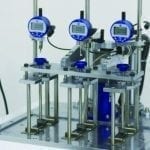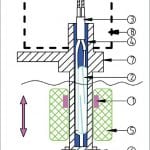Product query
Wall mounting temperature sensor enclosure, In PA66 and PC, Y3F1
– Features a sealed sensor cable exit system at the top
– Includes mounting bosses for printed circuit boards
– Includes mounting holes for a 4-20mA temperature converter
– Includes two wall brackets
– Includes a removable 2.5mm² 6-way terminal block
– Output by two M20 cable glands
| Dimensions | 105 × 105 × 66 mm |
|---|---|
| Ingress protection | |
| Mechanical protection | |
| Housing raw material | |
| Volume (cm³) |
Red dimensions inside rectangular frames on drawings are used for accessories assembly.
Main features
Wall mounting temperature sensor enclosure
– Transparent polycarbonate cover
– Features a sealed sensor cable exit system at the top
– Includes mounting bosses for printed circuit boards
– Includes mounting holes for a 4-20mA temperature converter
– Includes two wall brackets
– Includes a removable 2.5mm² 6-way terminal block
– Output by two M20 cable glands
Size: dia.105 x 66mm
Volume: 500 cm³
Material: black PA66 and transparent PC
Ingress protection: IP69K
Mechanical impact resistance: IK10
Main references
| With connection block C | Without connection block C |
| Y3F1000022AH400T | Y3F1000022A0000T |
3D models are available on request under .stp format
Downloads
Related products
Finned heater control boxes
Simplified round enclosure for 2”1/2 and M77x2 fittings, Y3C3
Accessories for electro thermal control boxes
Immersion heater, level sensor or temperature sensor enclosure, in PA66 and PC, Y3F2
Plastic housings
Accessories for immersion heaters
Plastic housings
Empty enclosure for oil filled electric radiatiors 200x77x50
Technical informations associated to this product
-
Electrical protection classes
The housings are designed to protect electrical equipment located inside. This protection must be considered in the electrical and environmental angles.) -
Technical introduction of connection blocks made in ceramic and polyamide
Ceramic was the first insulating material used in the electrical connection terminals. Mechanically resistant, exceptionally fire resistant, excellent electrical insulator, it had all the qualifications. Produced from locally available raw materials, ceramic and porcelain glazed electro-technical parts were essential in the beginnings of electricity until the appearance of Bakelite in the 1930s, then of engineered thermoplastics to 1960. -
Main properties of plastic raw materials used for enclosures
The classic housings, with only 5 sides and a lid, require a long and costly layout, most of the time ignoring the application needs: security, fire resistance, water penetration, shocks, UV, temperature, etc. -
Float level switches technical introduction
Selecting a magnet for a level switch application must take into account the characteristics of the liquid in which it will be immersed, of the temperature at which it will be subjected, of its corrosion resistance, of the magnetic field required to operate the switch and its distance to the reed switches. Sintered magnets are shock and vibration sensitive, “bonded” magnets have a low temperature resistance due to the resins used to agglomerate, and Neodymium –Iron-Boron magnets contain 60-75% iron (amount is dependent on grade) and are therefore prone to corrosion.

